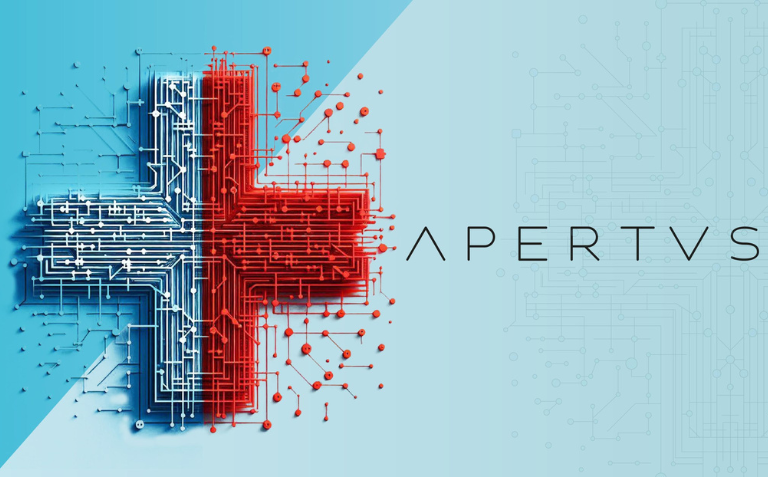
Apertus: A New Opportunity for Swiss Health Valley and Healthcare Innovation
Share this article
Created through a collaboration between EPFL, ETH Zurich, and the Swiss National Supercomputing Centre (CSCS), Apertus is more than just a technical achievement. It represents a strategic opportunity for the Swiss Health Valley, offering a trusted, transparent, and sovereign foundation for the integration of AI in life sciences and healthcare.
A Truly Open AI Model
Unlike most commercial AI models, Apertus is entirely open: its architecture, training methodology, datasets, and parameters are fully documented and publicly available. The model is distributed under the Apache 2.0 license, allowing free use in education, research, and commercial applications. This openness ensures that researchers, startups, and established companies alike can build on a solid foundation without black-box limitations.
Available in two versions — 8 billion and 70 billion parameters — Apertus was trained on 15 trillion tokens across more than 1,000 languages, including Swiss German and Romansh. This multilingual approach is particularly significant for healthcare, where local language accessibility and inclusivity are critical to ensuring equitable innovation.
Apertus for Healthcare
From improving diagnostics to accelerating drug discovery and streamlining clinical workflows, AI holds the potential to reshape how we deliver care. Healthcare generates enormous volumes of unstructured data: medical records, clinical guidelines, patient communications, and scientific publications. LLMs like Apertus are uniquely capable of processing and synthesizing this information, helping clinicians and researchers navigate complexity and uncover new insights.
Possible applications include:
- Clinical decision support: Assisting physicians by analyzing large volumes of medical literature and patient data.
- Medical education: Offering interactive learning tools tailored to different languages and levels of expertise.
- Patient engagement: Powering multilingual chatbots and digital assistants that improve communication and accessibility.
- Research acceleration: Enabling faster hypothesis generation, literature review, and knowledge discovery.
By being open and transparent, Apertus also addresses two major barriers to AI adoption in healthcare: trust and regulatory compliance. Its training corpus was carefully curated to respect privacy, copyright, and ethical standards, aligning with Swiss law and the upcoming EU AI Act.
A Public Infrastructure for Innovation
“Apertus is designed for the common good,” says the project’s technical lead. Unlike closed models dominated by global tech giants, Apertus positions AI as a public infrastructure, comparable to roads, electricity, or water. This perspective is particularly relevant for the Swiss Health Valley, which thrives on collaboration between academia, hospitals, startups, and industry.
With Apertus, Swiss innovators now have access to a locally developed, sovereign AI model that they can adapt for healthcare-specific needs. This fosters independence, reduces reliance on foreign technologies, and strengthens Switzerland’s role as a hub for digital health innovation.
The first release of Apertus is just the beginning. Future versions will include domain-specific adaptations, with healthcare identified as a key focus area. No doubt Apertus will become a powerful ally for clinicians, researchers, and patients alike.
➡️ More information on Apertus | 📸 ©EPFL